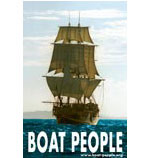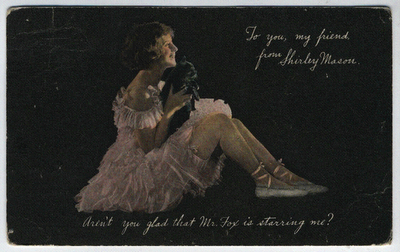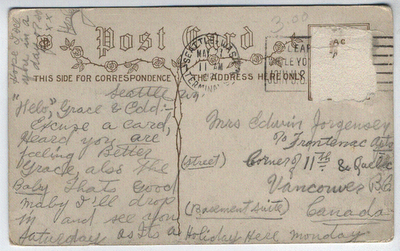Dear Diary vs Dear Blogger...
I have enjoyed the blogging process throughout the semester. I didn't think I would, and was quite resistant to the idea at first, but in the end, I found it quite satisfying.
From an educational perspective, being forced to think about and respond to the readings was quite valuable, and I enjoyed having a platform through which to express my opinions. It's also interesting to read other people's views on the same readings: I think it's quite astounding how different all our perspectives are.
Technologically, I found blogging frustrating. For the technologically-retarded, such as myself, the template options in blogger are quite limited. I fiddled around endlessly trying to read (steal?) the source code off blogs that I liked and adapt it to my own purposes, but I only succeeded in creating fundamental code flaws. I also did not master the art of inserting photographs in the way that I wanted to and had seen in other blogs. This particular part of blogging wasn't as satisfying as paper-journalling: if I have a photo, ticket stub, doodle, or even just a particular colour that I like, it is easy to contstruct this on paper. As you can see from looking at my blog, I was less successful virtually.
I really like the idea that when you write a blog you are publishing it to the world at large. Of course, I don't think anyone has read it (although someone did leave me a rather pornographic comment, I think it was comment-spam), but someone COULD read it! This of course changes the tone of your language and the content of the posts you make, especially as you know that your lecturer will be reading it!
One thing I found difficult in my writing was what sort of tone to adopt. Blogs can be very informal, and indeed, our task was to create pieces of personal reflection. However, when analysing articles, theories and ideas, it can be difficult to slip in and out of the academic tongue needed to describe the principle and the collegiate casualness needed to express your opinion to your peers. I ended up just using whatever language came naturally to me in relation to the topic (I hope it doesn't seem like I have multiple personalities!), after all, your blog can be whatever you wish it to be.
I worried for a while that content-wise, my blog was very different from many others in my class. I took quite a literal approach to responding to the weekly readings, and tried to reference my ideas and other pertinent articles whenever possible. One of the most useful features of writing online is the ability to link (extensively, excessively and voluminously!). When I do write in my paper-journal, I often get frustrated at having to explain the background to something or define a concept (even though I'm the only one who'll ever read it, which doesn't make a whole lot of sense), but it is great to be able to really easily provide your readers with examples, definitions and information about your topic.
I'm not sure if I will continue blogging. As a learning tool it was wonderful, yet now that KCB201 is nearly over, the incentive to persist will be gone. The process was far more time consuming than I imagined, and I am currently suffering from blogger's fatigue! I have newfound respect for the authors of the blogs that I regularly read, who continue to update almost daily, month after month.
I think the best thing about blogs is how easy it is for the lay person (such as myself) to create a functioning, independent space from which to express themselves to the world. I initially doubted the validity of studying blogs, unable to see their value to a society already saturated with media. Now, I am a convert.







